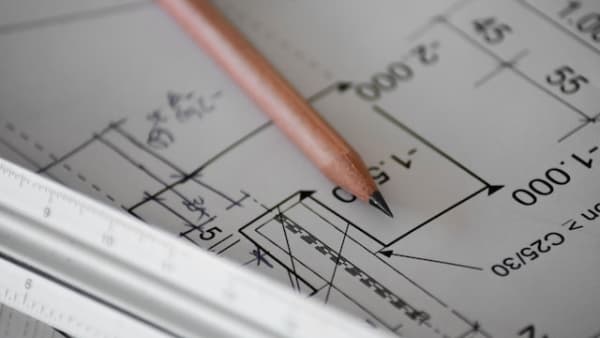What is the ASVAB mathematics knowledge test?
Just as the name suggests, the ASVAB (Armed Services Vocational Aptitude Battery) mathematics knowledge test assesses your general understanding of math principles at high school level. It's essential that all military recruits have a basic understanding of math, so make sure you brush up your skills in advance of taking the U.S armed forces test.
Basic sums, algebra and data interpretation are the types of principles you'll be asked questions on. Practising as many past papers as you can will help you to familiarize yourself with the question format and the speed with which you'll need to work through the problems.
The format of the ASVAB mathematics knowledge test
With just 20 minutes to answer 15 multiple choice questions, timings are tight on the ASVAB mathematics knowledge test. You'll need to show your understanding of mathematical principles at a high school level by correctly answering each question.
How is the ASVAB mathematics knowledge test scored?
Once you've completed the full test, you'll be given your score in three different ways.
Firstly, you'll get your standard score. This will be given to you on a scale of 1-100 and is based on how well you've done in comparison with your peers. The median score is 50, so a score above that shows you've done better than average.
You'll also get an Armed Forces Qualification Test score, which shows you which branch of the military (such as army, navy etc.) you'd be eligible to join based on your results.
And finally you'll receive your composite score, which will help you to see which roles within the armed forces could be open to you according to your results.
Top tips to pass the ASVAB mathematics knowledge test
1. Practise — it's the single best way to get better, quicker and more confident. Make sure you look at past tests as well as just revising the math principles you need on the day.
2. Visualize your dream job — the better you do at the ASVAB, the more choice you'll have when it comes to your career. If you put the time and energy in now, you may end up with a job you never even thought possible.
3. Revisit high school — don't worry, we don't mean literally. But it is important that your mathematical skills are high school level, so looking at the syllabus and working out which areas you may need to spend extra time on will be really important as part of your preparation.
4. Don't panic — everyone gets nervous and everyone will find at least one of the questions on the test challenging. So take a deep breath, read the questions thoroughly and try to make your way through the problems quickly but carefully.
5. Look at all the options — if you're struggling to work out an answer, try and make an educated guess. Are there any possible answers you can definitely discount? If you can narrow down the pool of possible correct answers it'll make things much easier.
Check out our full ASVAB assessment page here that include free tests.





